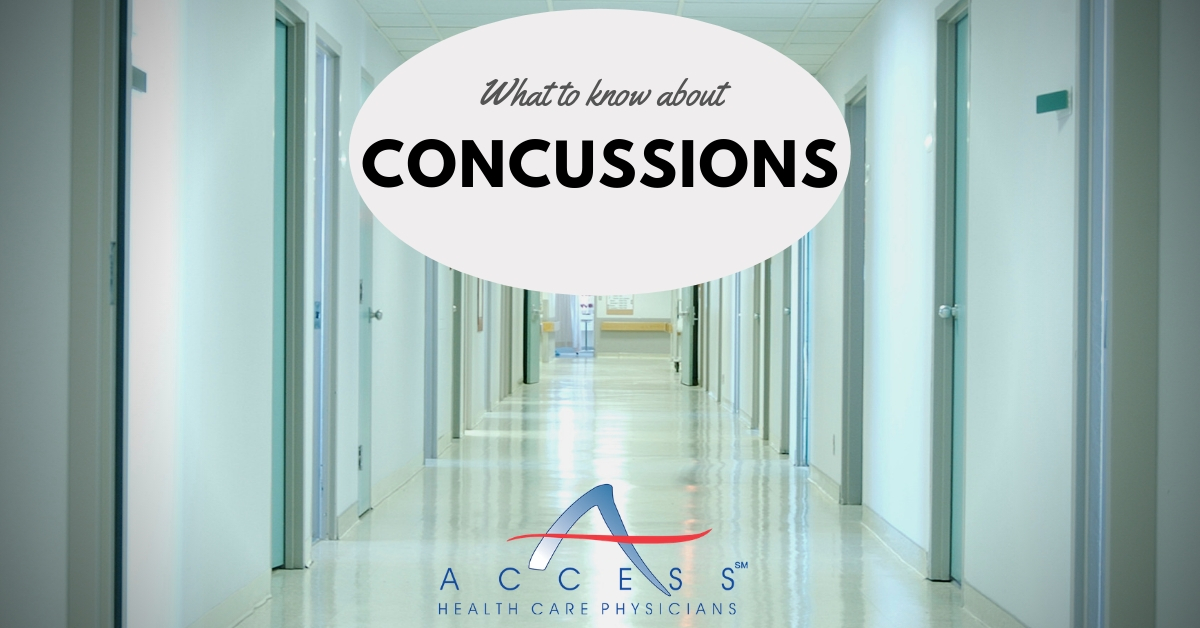Contrary to popular belief, a concussion does not necessarily occur only due to a substantial impact. It can also be caused by accidentally bumping your head against a wall or being elbowed in the head while engaging in a sport. Helmets and headgears designed to protect the head from injuries are unfortunately not very useful when it comes to preventing a concussion. This ineffectiveness is because such an injury happens when there is a combination of a blow along with a jerking movement.
Amongst seniors, concussions due to falls are quite common. Since the body tends to be frailer at an older age than what it used to be, the effects of a concussion can be much more severe in older adults than others. Here are a few tips that will help you equip yourself better to respond to a concussion:
-
Check for Extended Signs – If effects like nausea, headaches persist for an extended period, it is a good idea to seek emergency assistance to check for a brain bleed or swelling.
-
Factor in Age-Related Elements – Older people who are on blood thinners, are more likely to suffer from a hemorrhage even in the event of a minor concussion. Such people should, therefore, be evaluated by a physician as soon as possible post-injury. As a result of age-related deterioration, older people may take longer to recover too.
-
Prioritize Rest – The first post-concussion week is critical when recovering. It is vital to give your body as much rest as possible. Eating well, avoiding unnecessary exertion and getting enough sleep can all help hasten the healing.
-
Avoid Second Impact Condition – A subsequent concussion during the weeks following the first one can lead up to a dangerous situation in which the brain may start bleeding and swelling at a very high rate. Avoid any activity that can cause an injury to the head especially if you are recovering from a concussion.
-
Consider Fall-Preventing Devices – A walking cane or a supportive walker can help reduce the probability of falls. A pair of walking shoes with a good non-slip sole and regular balance-enhancing exercises can also be beneficial in preventing a tumble.
It is advisable to keep the points mentioned above in mind when dealing with any form of head injury, especially if you are in your golden years. Getting adequate medical assistance and taking measures that quicken the healing process can help avoid disastrous outcomes of a seemingly innocuous head bump.


